Traveling on the open road can be exciting, but poor road conditions in some parts of America can turn your trip into a frustrating and even unsafe journey. Imagine hitting a deep pothole unexpectedly or driving over a bridge that feels a bit shaky because it’s old and needs repair. Sometimes, you might even find yourself stuck in a never-ending construction zone!
Whether you’re heading out on a fun vacation or just driving to work, it’s good to know which states have the worst roads. Avoiding these areas can make your travels less stressful. In this post, we’ll explore the top states with the worst roads and discuss why these places can be tough for drivers. Get ready to learn how to steer clear of these trouble spots on your next road trip!
1. Rhode Island
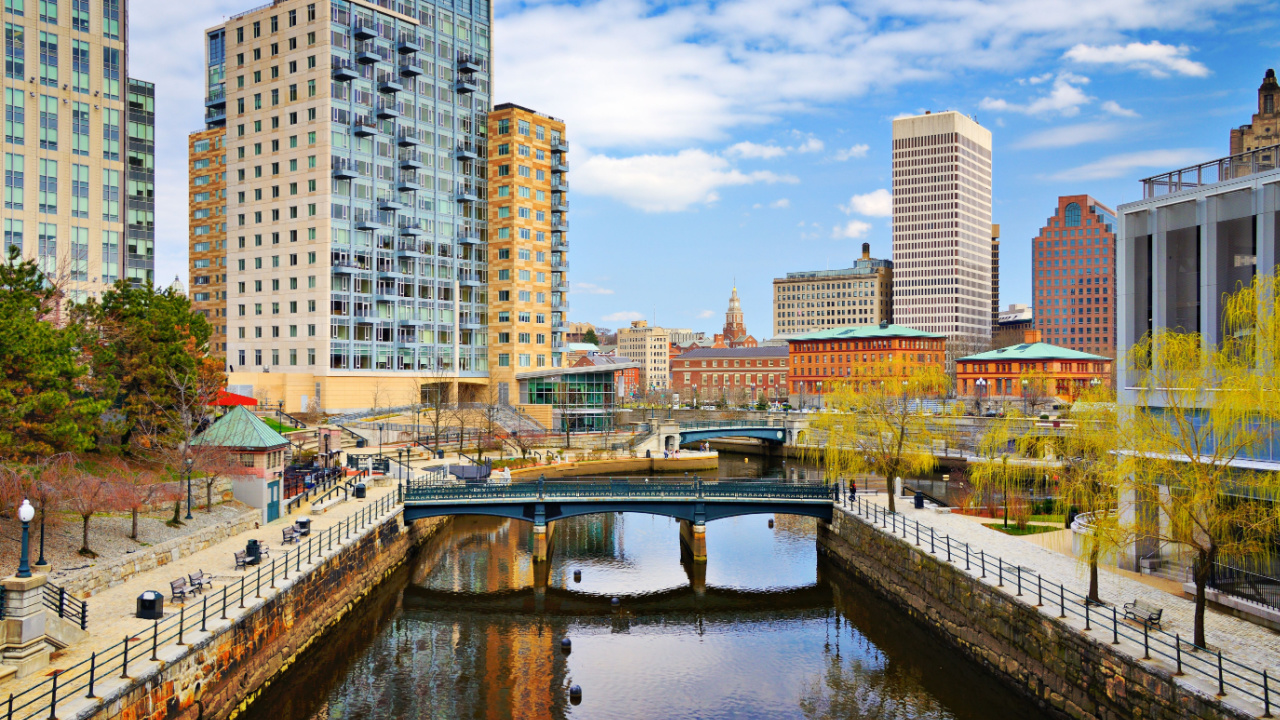
With most Rhode Island residents living close to the coastline, it is no wonder that Rhode Islanders struggle with the state’s poor road conditions. Many blame sea rise and harsh winter weather for 41% of poor urban roads, but the small $537 million spent on yearly road improvements for such a small state might also be a contributing factor.
2. Hawaii
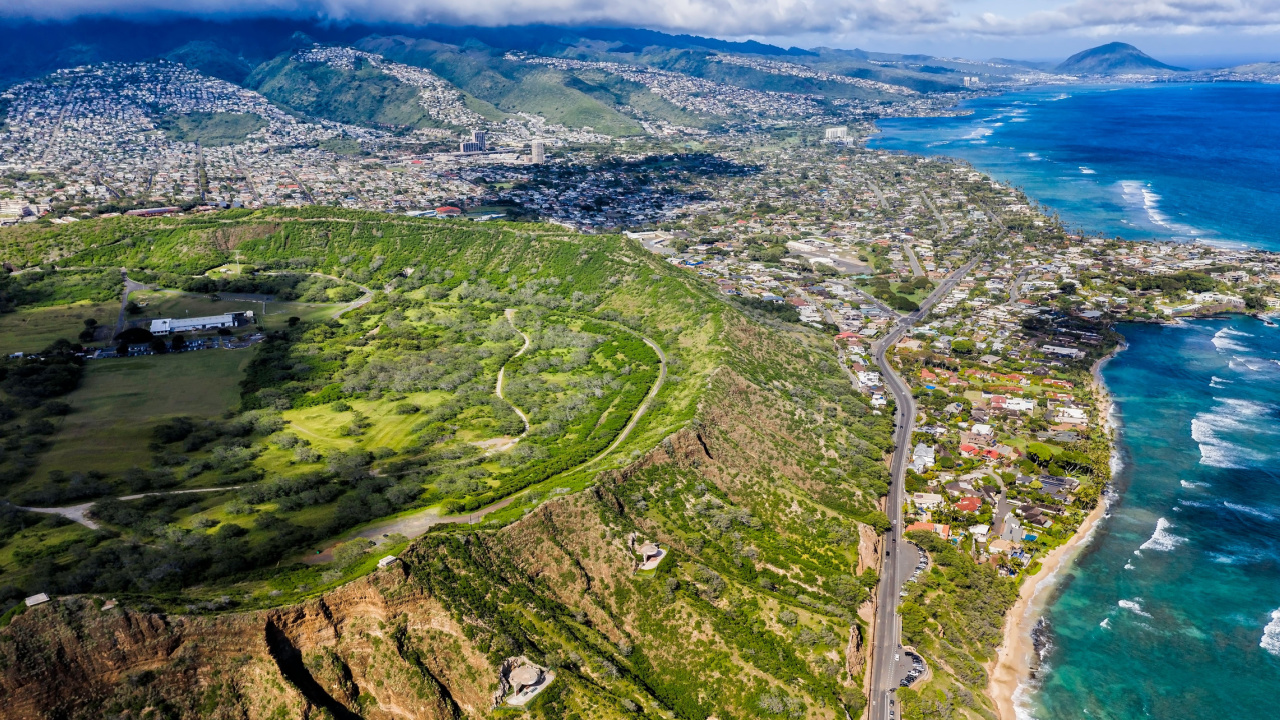
Due to its tourism, Hawaii has the second-worst roads in the country, with 17% of rural roads rated poor and 26% of urban roads in bad condition. With a small road improvement budget of $560 million spent and the wear and tear from tourism, it’s no surprise that Hawaii residents face potholes and challenging driving conditions.
3. California
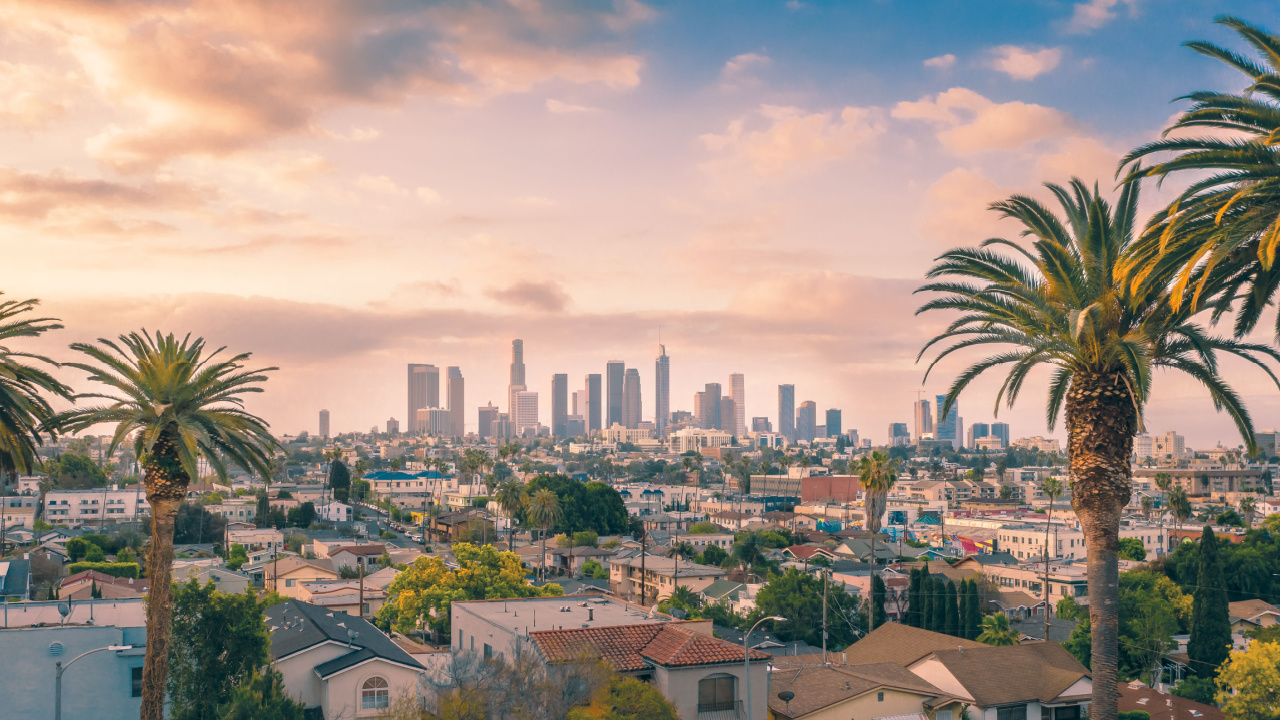
Despite having spent $14.9 billion in yearly road improvements, California ranks third for having some of the worst roads in the country. With its miles of coastline, the most traveled roads in the U.S., and varied climates, it is easy to see why California’s roads experience intense wear and tear.
4. Louisiana
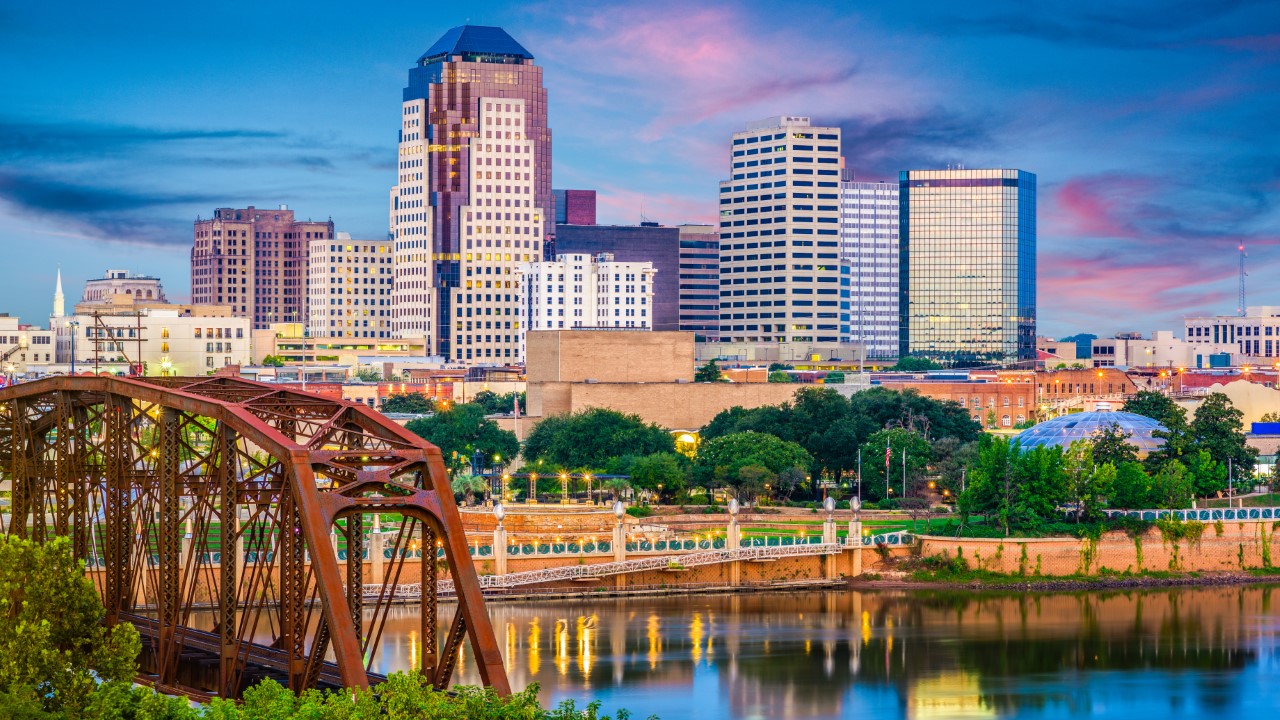
With 25% of Louisiana’s urban roads rated in poor condition and 1.71 fatalities per 100 million miles driven, it’s clear that the state needs to invest more in road maintenance and safety. Despite the $1.5 billion spent on road improvements annually, flooding and hurricanes add to the cost, making it challenging to keep up with repairs.
5. Wisconsin

Wisconsin comes in fifth, which could be partly due to its extremely harsh winters, with freezing temperatures, ice, snow, and salt trucks constantly on the roads. The yearly spending on fixing roads totals $3.9 billion, but bad weather causes potholes and cracks, leaving 28% of city roads in bad shape, while only 6% of rural roads get a poor rating.
6. New York
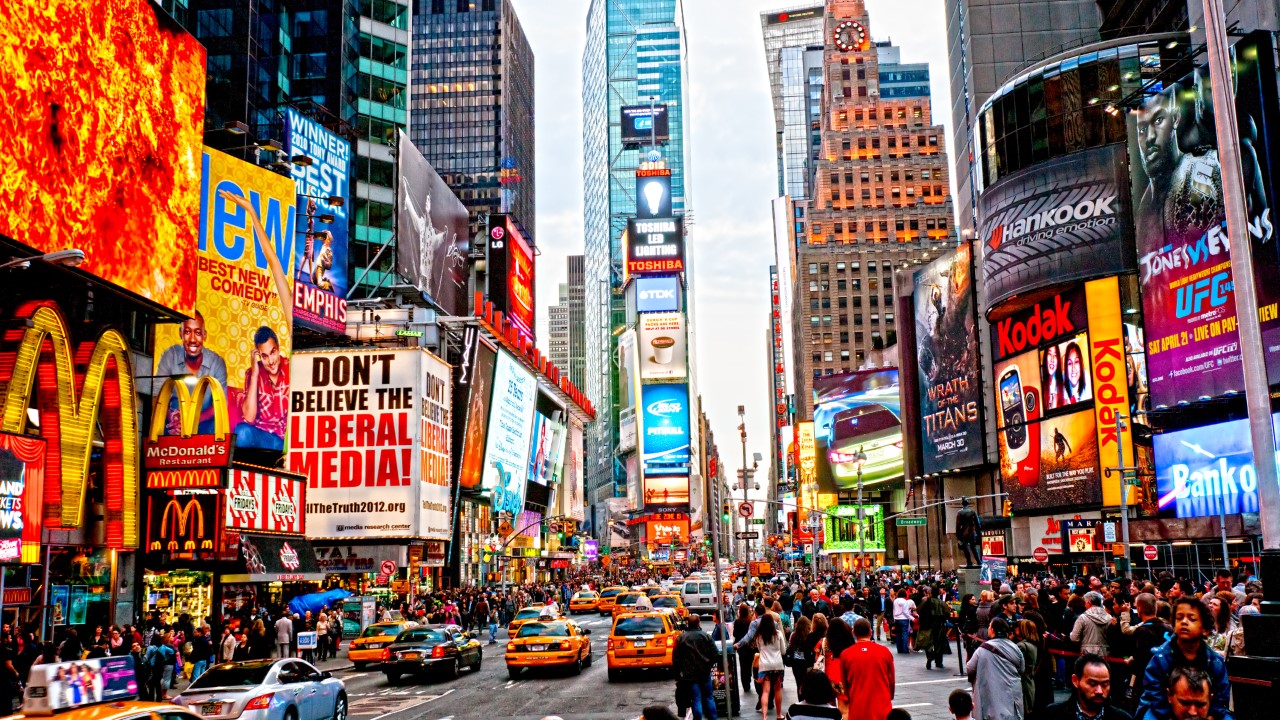
New York is sixth in worst roads in the U.S., with $12 billion spent on road improvements yearly, leaving roads with pots and cracks and 30 % of urban roads in poor condition. With a total infrastructure budget of $24 billion, residents might wonder where all their tax dollars go.
7. Massachusetts

With 33% of its urban roads in poor condition, Massachusetts residents face plenty of potholes and cracks when driving the rocky coastline roads. The state spends $3 billion annually on road repairs, but they don’t keep up with the wear and tear from heavy traffic and weather conditions.
8. Nebraska
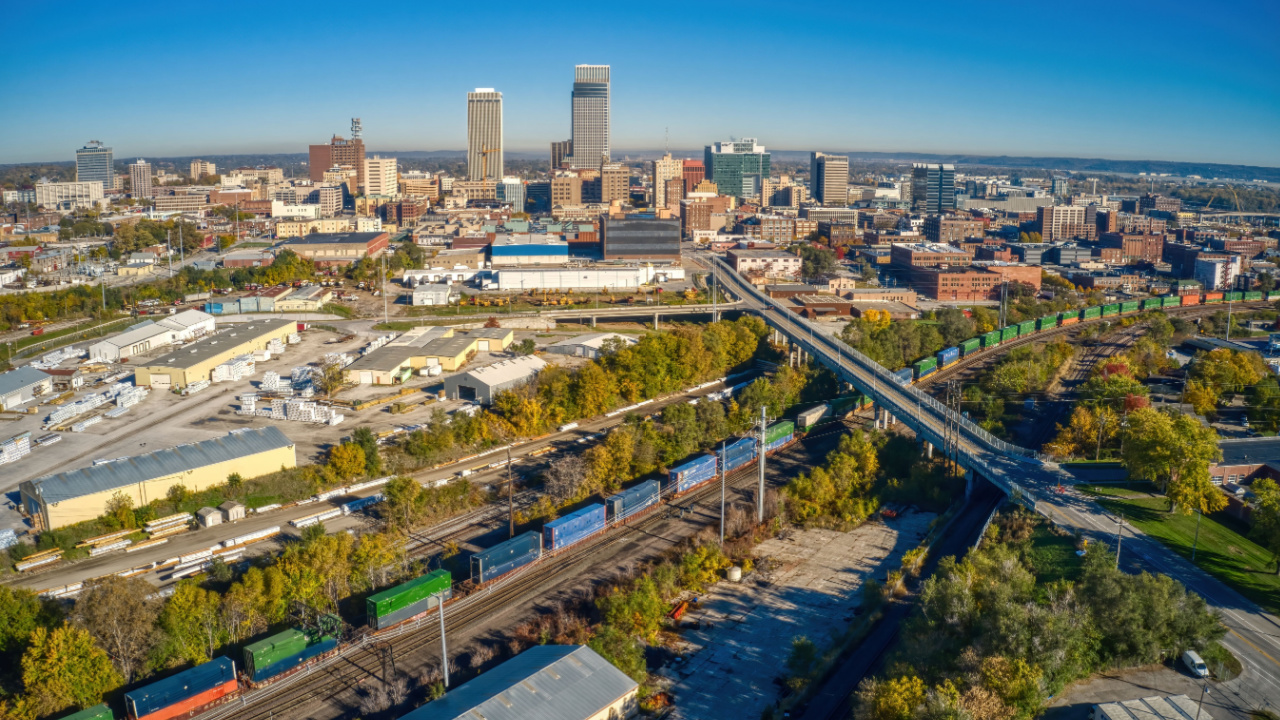
Nebraska is another state that ranks in the bottom ten, coming in eighth place. It spends a total of $1.6 billion annually on road improvement. As a result, 34% of urban roads in Nebraska are in poor condition, but only 4 % of the 3,000 miles of rural roads are considered inadequate.
9. Arkansas
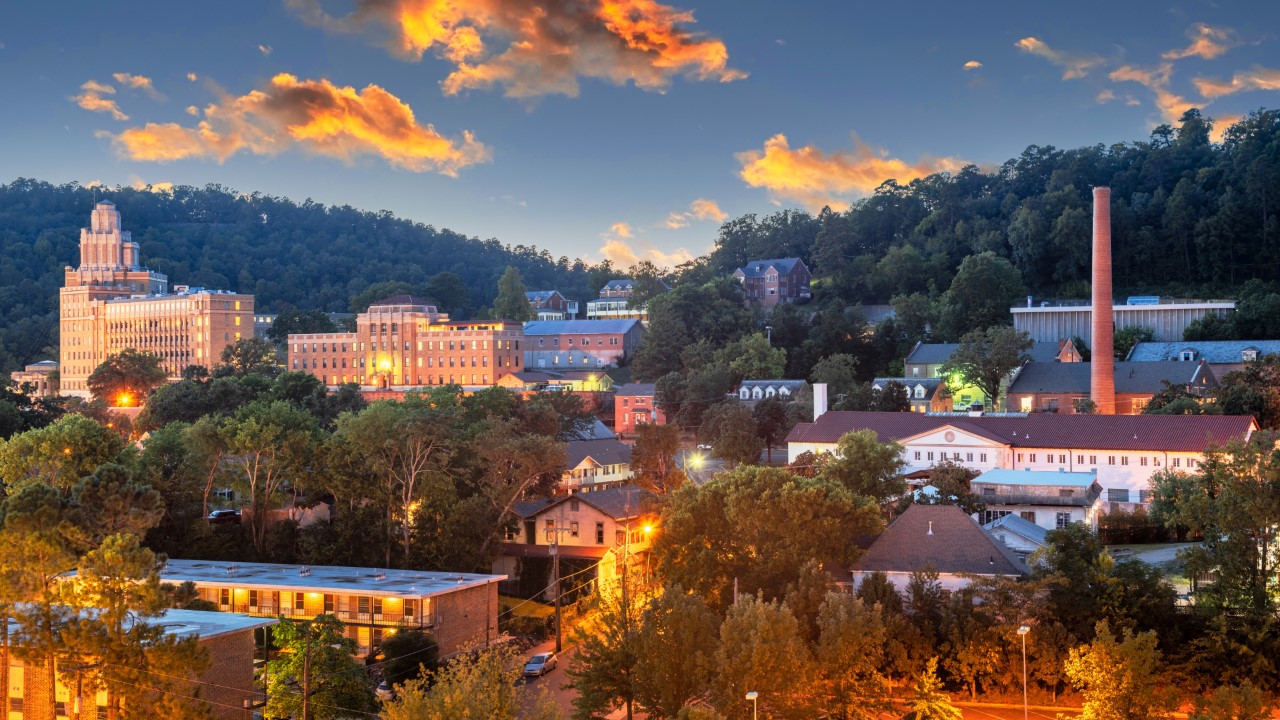
Even though only 15% of urban roads and 6% of rural roads are rated poor in Arkansas, with an average of 1.88 fatalities per 100 million miles driven, it ranks among the top states for traffic-related deaths. Factors contributing to these high fatalities are unsafe driving behaviors, but the state residents still have to deal with potholes and road debris.
10. Illinois

With $6 billion spent on road improvements, Illinois still has 20% of its urban roads rated as poor. Illinois recently did significant repairs to I-255, but they still came in at tenth place nationwide.
11. New Jersey
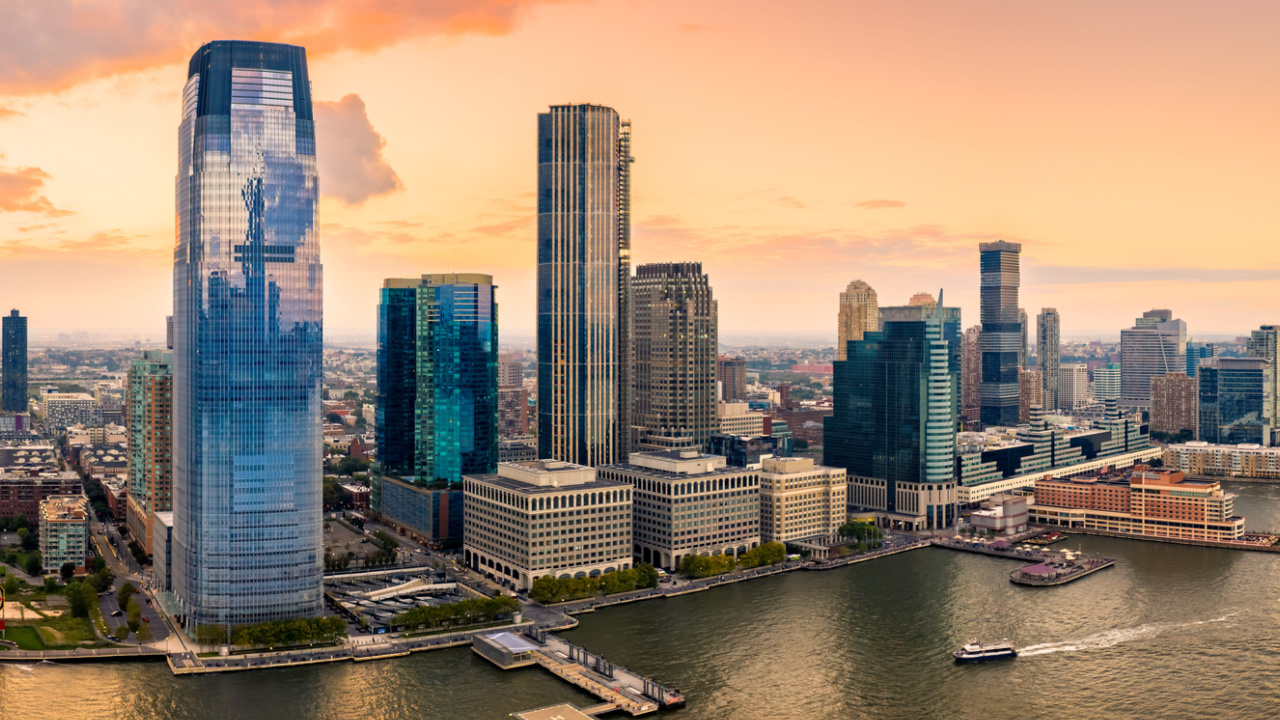
Despite being one of the smallest states, New Jersey ranks high on this list due to its aging infrastructure. With nearly 27% of urban roads and 5% of rural roads rated as poor, drivers in New Jersey have to navigate through potholes and cracks on a daily basis.
12. Washington
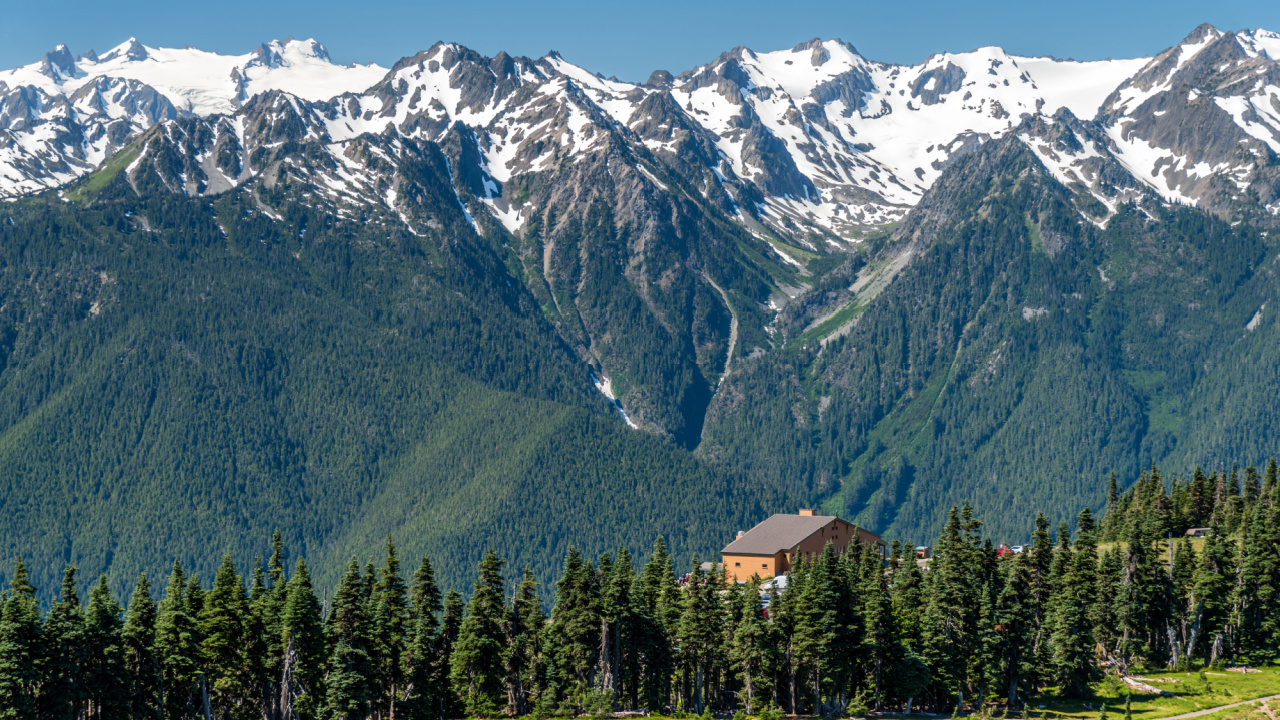
Washington state has made efforts to improve its road conditions, but with 23 % of urban roads and 5% of rural roads rated as poor, there is still a lot of work to do. Even with the poor urban road conditions, Washington spent $5 billion on road improvements.
13. New Mexico
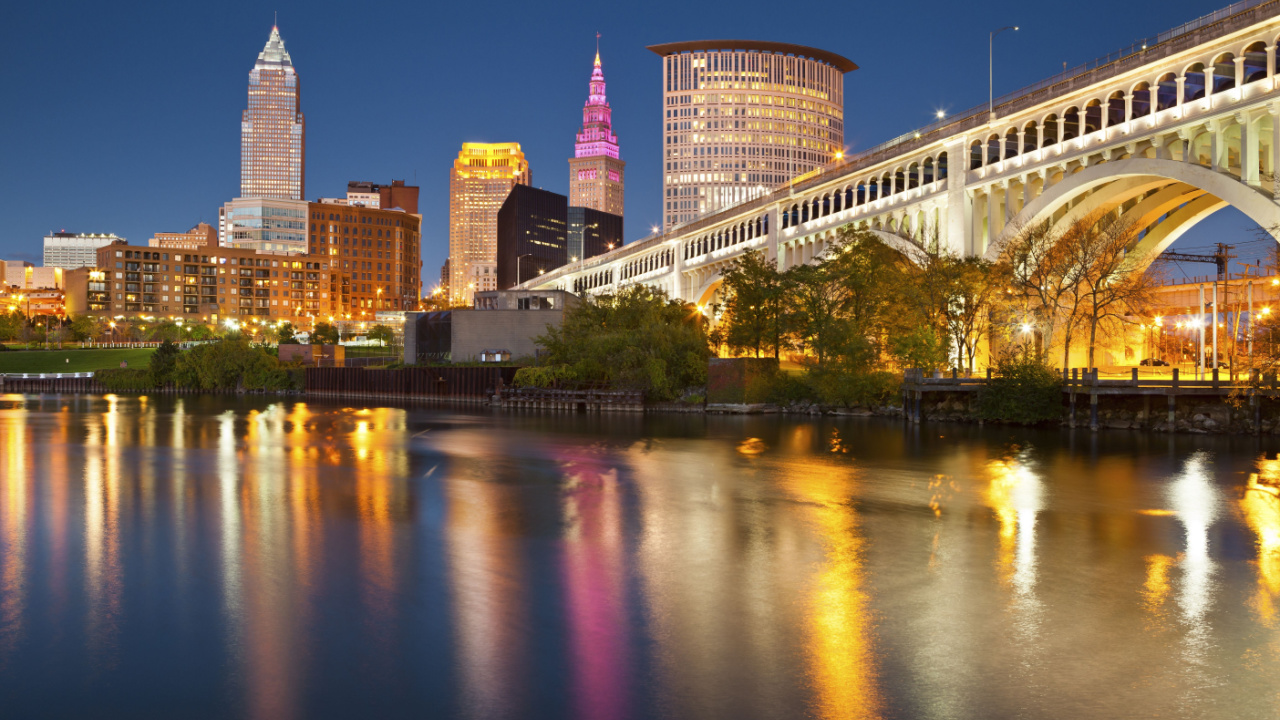
New Mexico may have the smallest percentage of urban roads rated as poor at 14%, but it has 1.168 fatalities per 100 million miles driven. Maintaining and repairing all of the roads in New Mexico is a massive challenge due to its large area.
14. Colorado

Colorado may have some of the most scenic roads in the country, but 18% of its urban roads and 5% of its rural roads have poor road conditions. This leads to an average of 1.28 fatalities per 100 million miles driven.
15. West Virginia
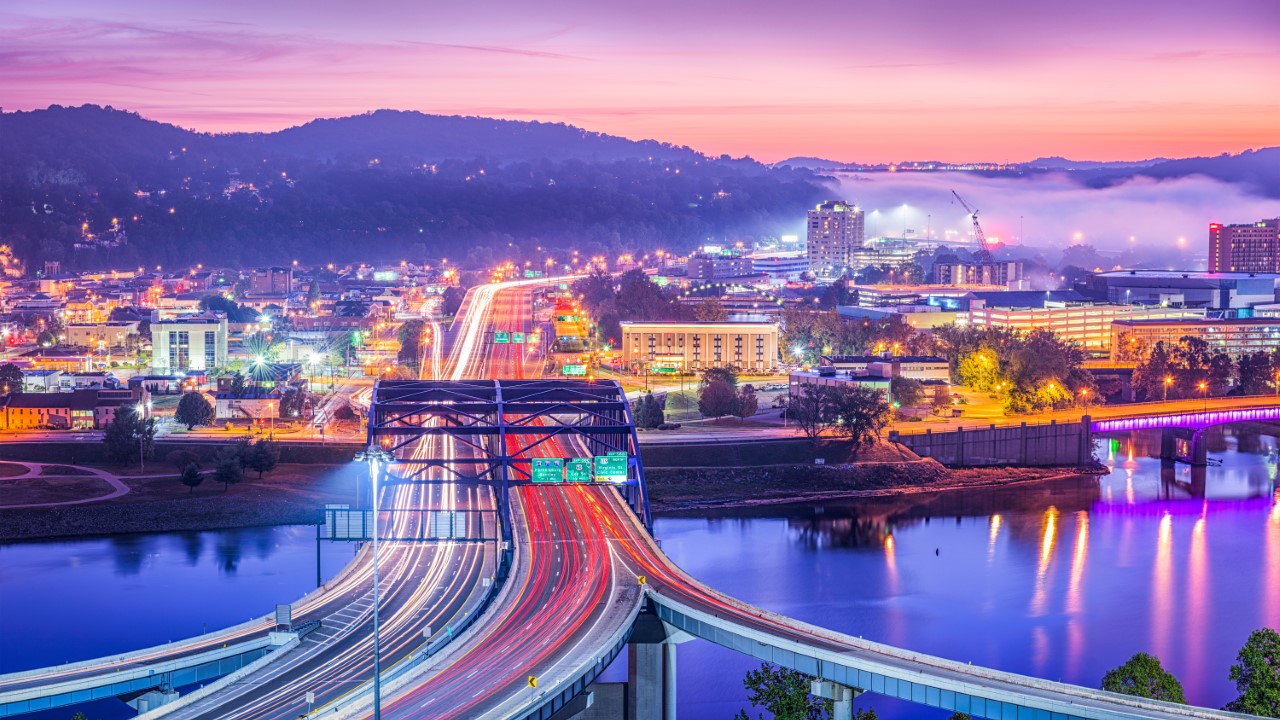
West Virginia may have one of the lowest percentages of rural roads rated as poor at only 7%, but it has a higher percentage of urban roads rated as poor at 12%. This could be due to the state’s challenging mountainous terrain, making road maintenance and repairs more difficult and costly.
16. Iowa

Residents of Iowa face rough roads due to harsh winter conditions, which cause wear and tear. Despite this, Iowa still has 20% of urban roads and 6% of rural roads rated poor, with 1.13 fatalities per 100 million miles driven.
17. Texas

As a large state in terms of land area, Texas has a greater need for road maintenance and repairs. With 19% of urban roads and 2% of rural roads rated as poor, Texas sees an average of 1.49 fatalities per 100 million miles driven.
18. Pennsylvania

Pennsylvania has a mix of urban and rural roads, contributing to its 21% urban poor road rating. Despite this, the state has made efforts to improve road safety, with an average of 1.28 fatalities per 100 million miles driven, and only 3% of rural roads have a poor rating.
19. Mississippi

Ranking 19th, Mississippi may have a smaller land area than other states, but it still has many poor roads, with 15% of urban roads and 3% of rural roads rated as poor. Mississippi experiences an average of 1.9 fatalities per 100 million miles driven and spends $1.7 billion annually on road improvements.
20. Alaska
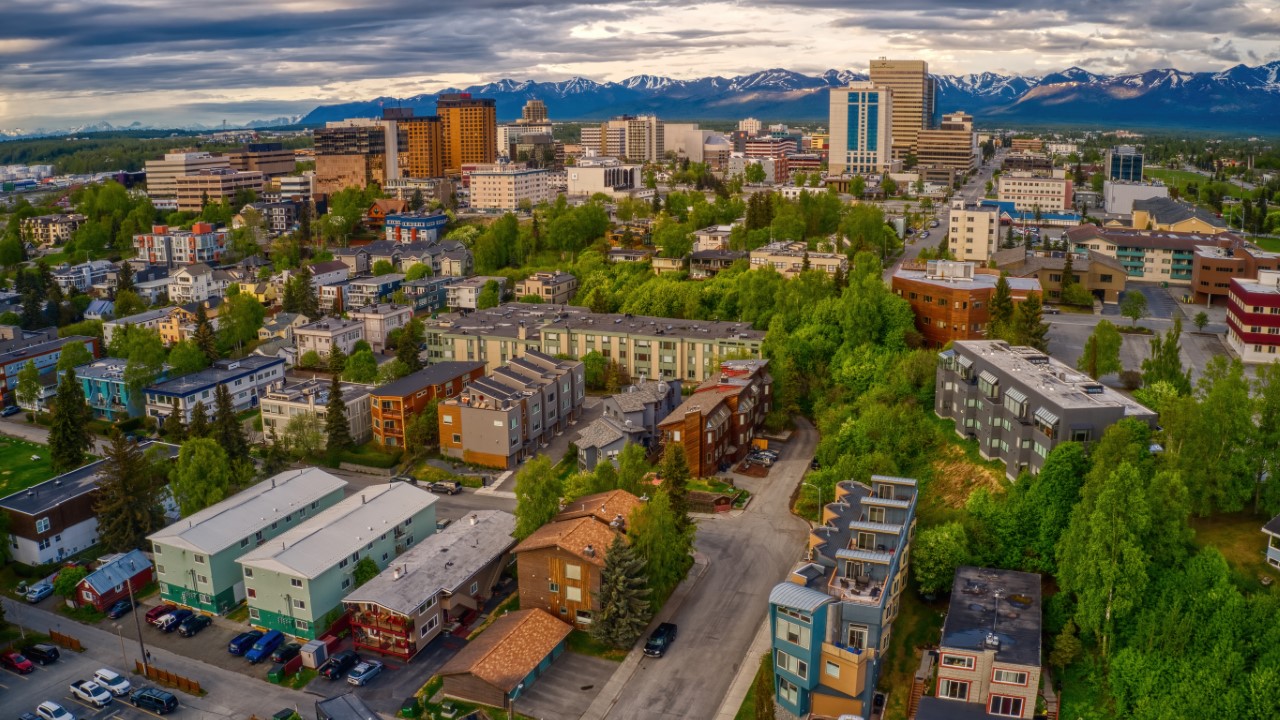
Despite having a lower population, Alaska still has its fair share of road safety issues, with an average of 1.21 fatalities per 100 million miles driven. With many rural roads, 16% of rural roads rate as poor, and only 9% of urban roads have a poor rating.
21. Michigan

With lake effects and harsh winter weather, Michigan’s roads take a beating year after year. As a result, Michigan ranks 21st on our list, with 25% of urban roads and 3% of rural roads in poor condition. The state experiences an average of 1.25 fatalities per 100 million miles driven and invests $5.3 billion annually in road improvements.
22. Arizona

Arizona may boast warmer weather and scenic drives, but it has its fair share of road safety concerns. The state ranks 22nd on our list, averaging 1.6 fatalities per 100 million miles driven. However, only 5% of rural and 12% of urban roads are in poor condition.
23. Oklahoma
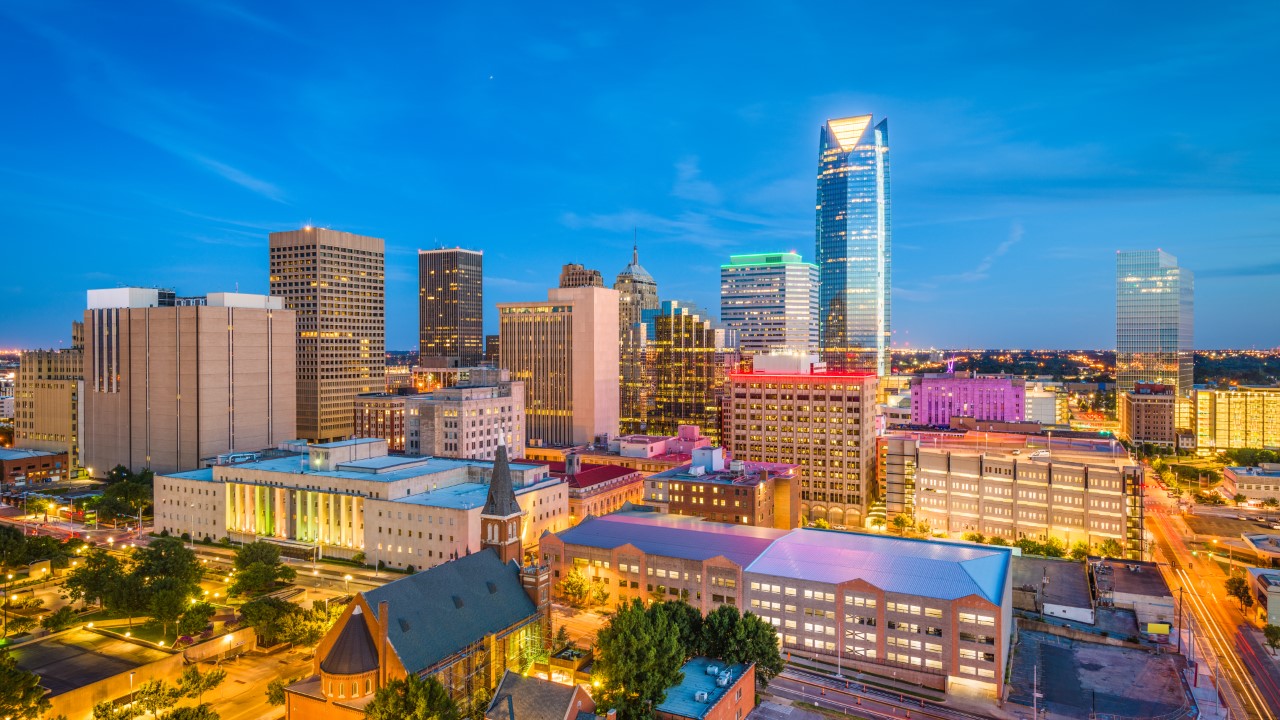
With its central location and bustling cities, Oklahoma sees a high traffic volume on its roads and 1.55 fatalities per 100 million miles driven. However, the state ranks 23rd on our list, with 6% of rural roads and 17% of urban roads in poor condition.
24. Montana
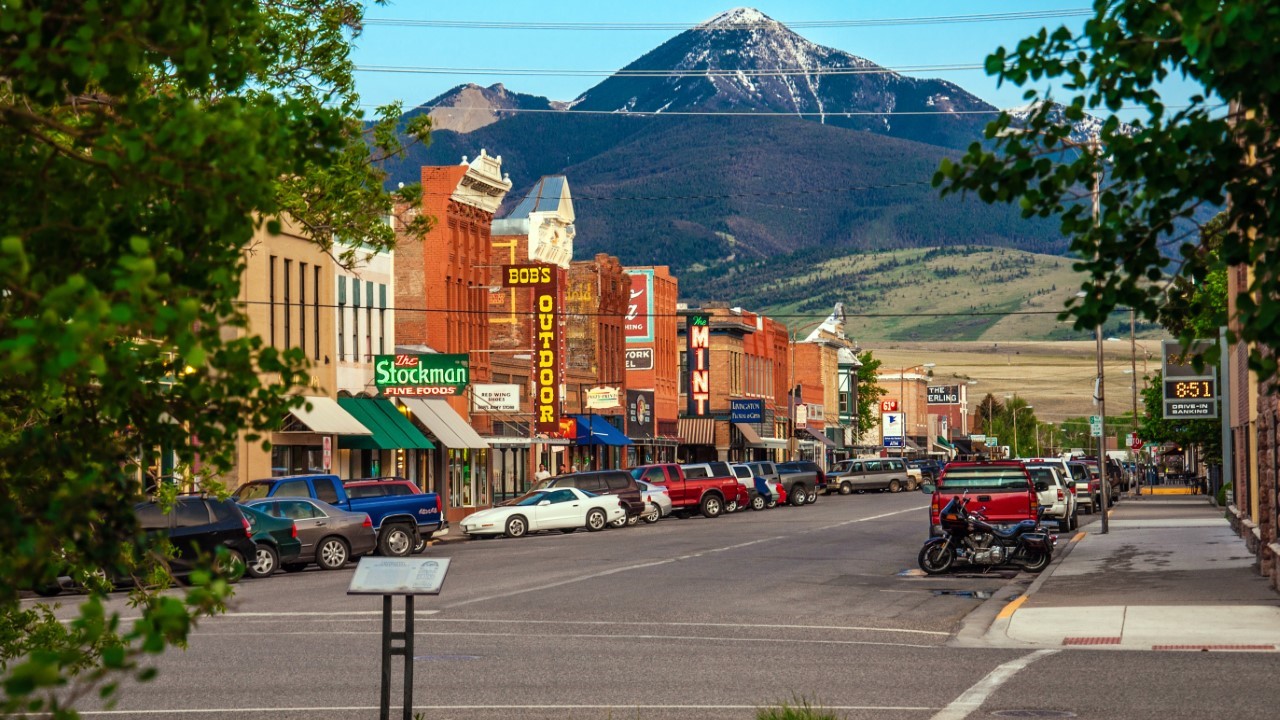
Montana may be known for its rugged landscapes and natural beauty, but it also has one of the highest rates of road fatalities. The state ranks 24th on our list, averaging 1.3 fatalities per 100 million miles driven. Twelve percent of urban and two percent of rural roads are in poor condition.
Source: ConsumerAffairs
25 Most Dangerous Roads in the World: Are Your Brave Enough to Tackle These Treacherous Highways?
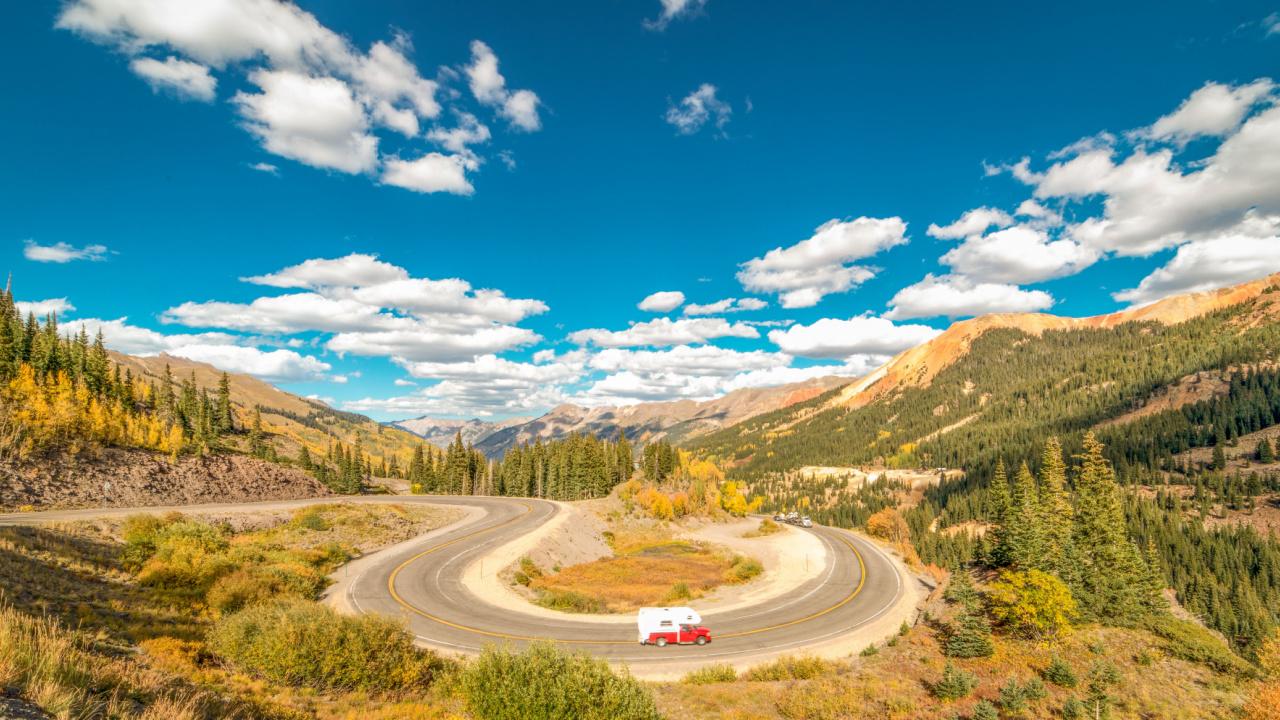
With over 42,000 road traffic accident fatalities in the U.S. in 2022, you can see even with solid safety regulations and good transport infrastructure, there’s plenty of danger on our roads. But across the world, where conditions, poor infrastructure, and location combine, there are some truly treacherous roads.
Best Regions in the U.S. to Escape to When Society Collapses
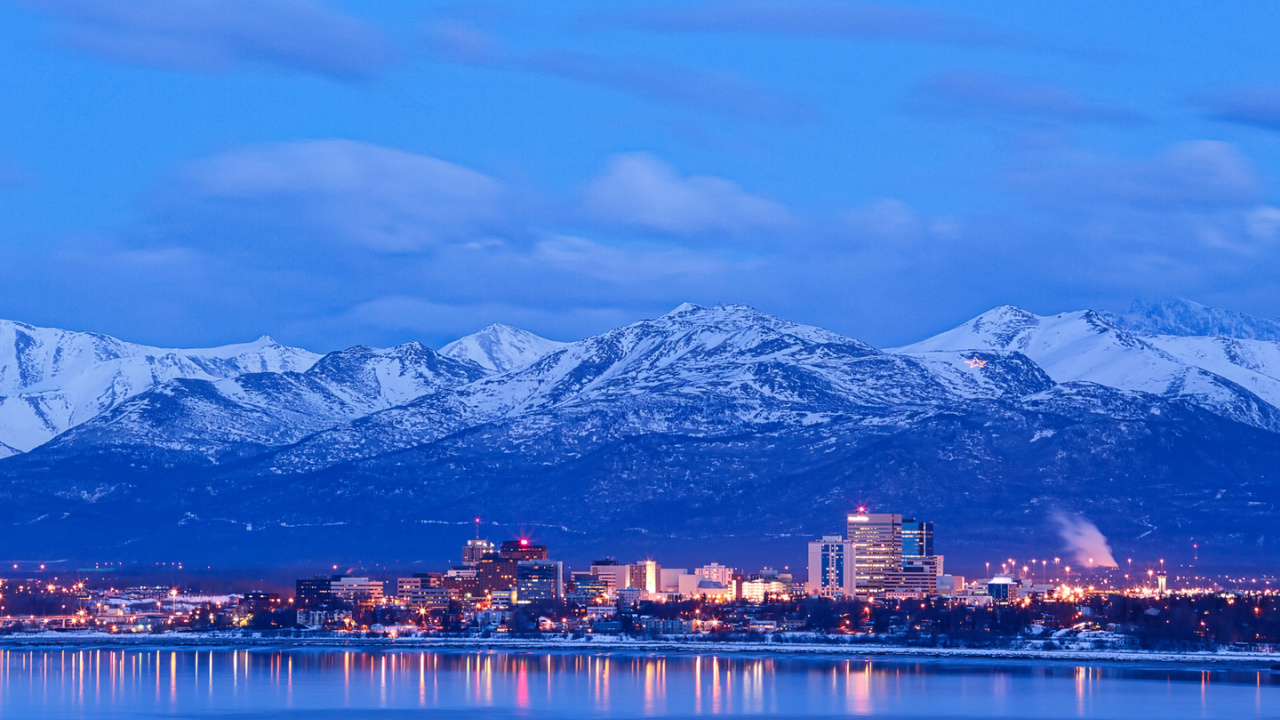
Choosing a refuge in the event of societal collapse involves weighing the pros and cons of each location against your personal preparedness goals and abilities. Whether you’re drawn to the solitude of the desert or the protective heights of the mountains, the key is finding a place that offers safety and the opportunity for growth and renewal.
20 Crucial Supplies for Surviving a Societal Collapse

In the face of uncertainty, being well-prepared gives you at least some degree of control and security. The thought of a societal collapse, while extreme, prompts us to consider how we might endure without the conveniences of our current lifestyle. Here’s a list of 20 essential items that could prove indispensable in such a scenario. This guide isn’t about succumbing to fear but embracing preparedness and resilience.
